Appearance
Invoke a service with the TUI
Step 1: Deposit ASI (FET) in MPE
Once you have some ASI (FET) in your wallet, you can deposit it into your Multi-party Escrow with the deposit page (found in the account page), as shown below.
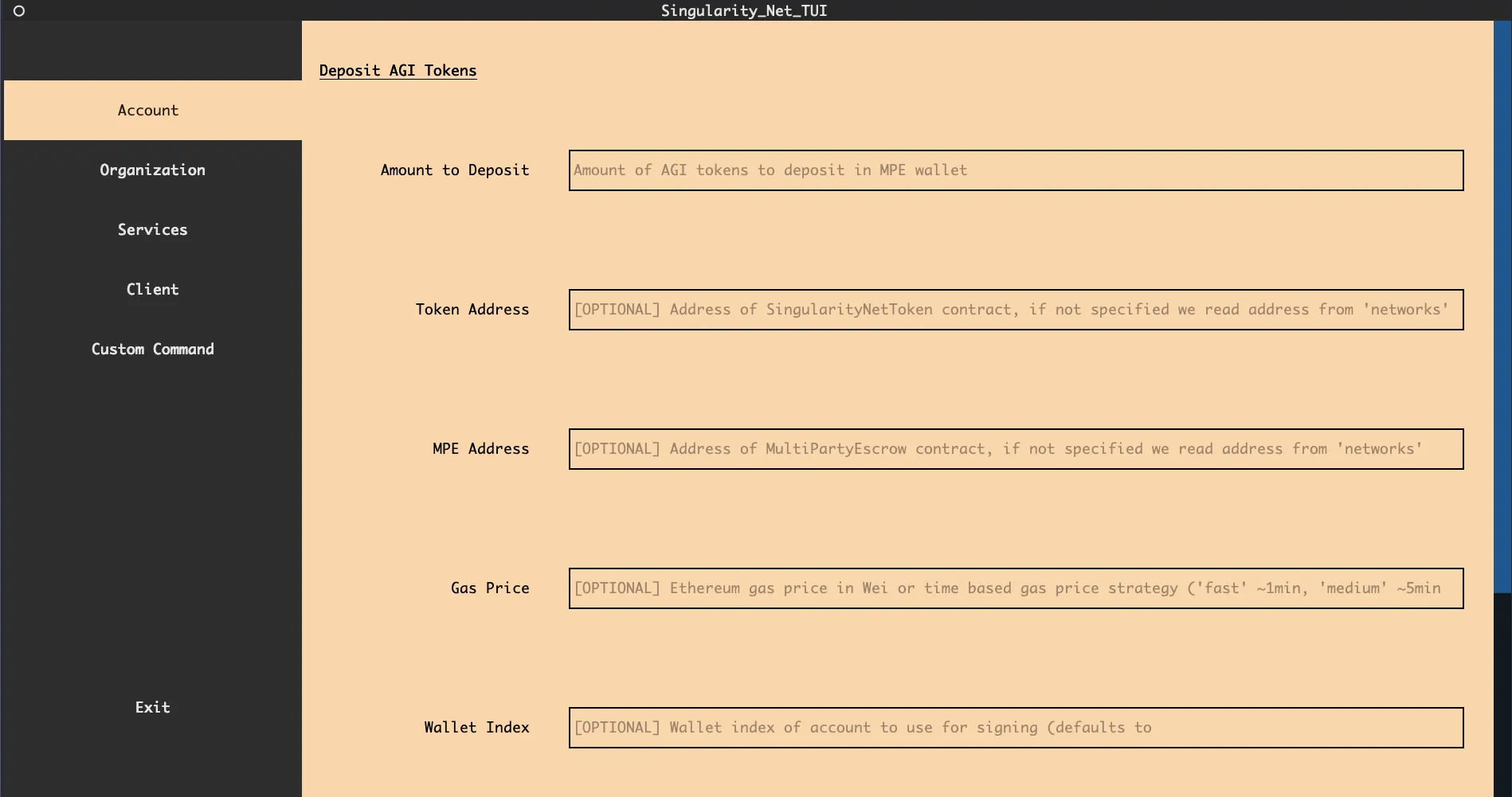
Fill in the amount of ASI (FET) you would like to deposit into your MPE, scroll down and click Deposit
You can also click the radio button for Verbose Printing if you would like to see all the financial transaction details.
If the ASI (FET) is deposited successfully, you should receive a popup similar to this:
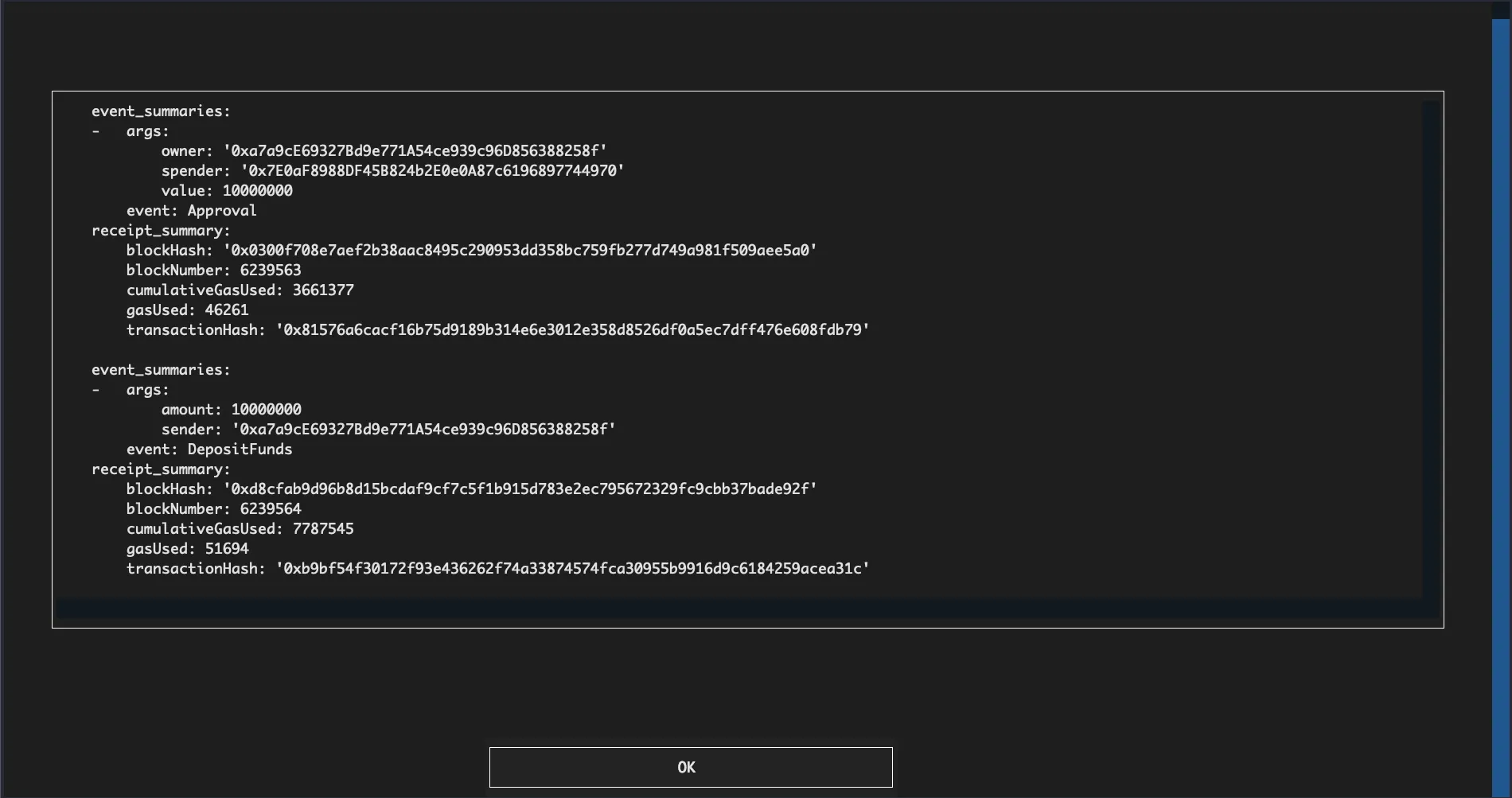
The TUI will then redirect to the account page, where you will notice the ASI (FET) amount in your MPE has been updated, to reflect the new deposit, like below.
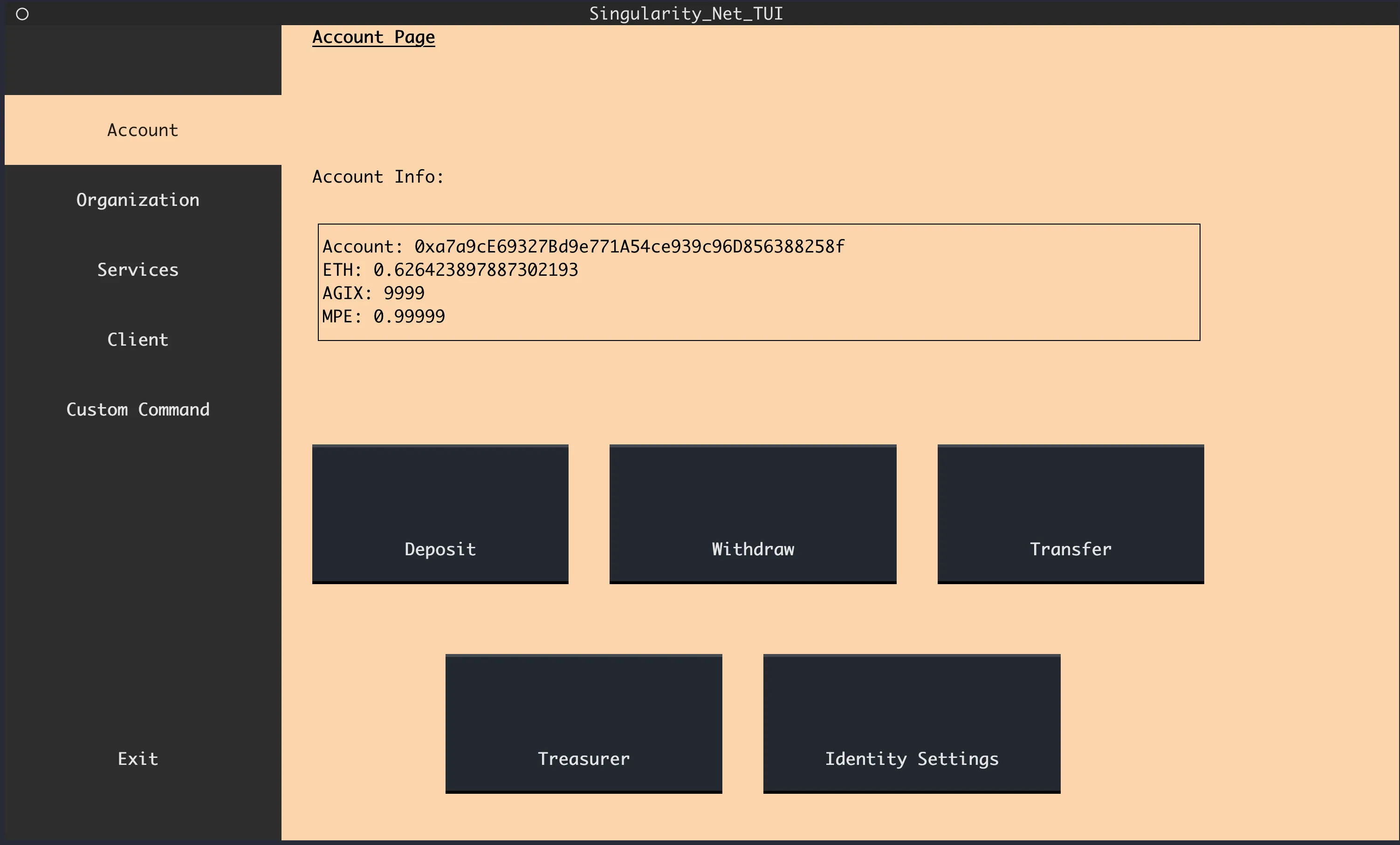
Step 2: Initialize a channel
Using the left navigation bar, switch to the client menu.
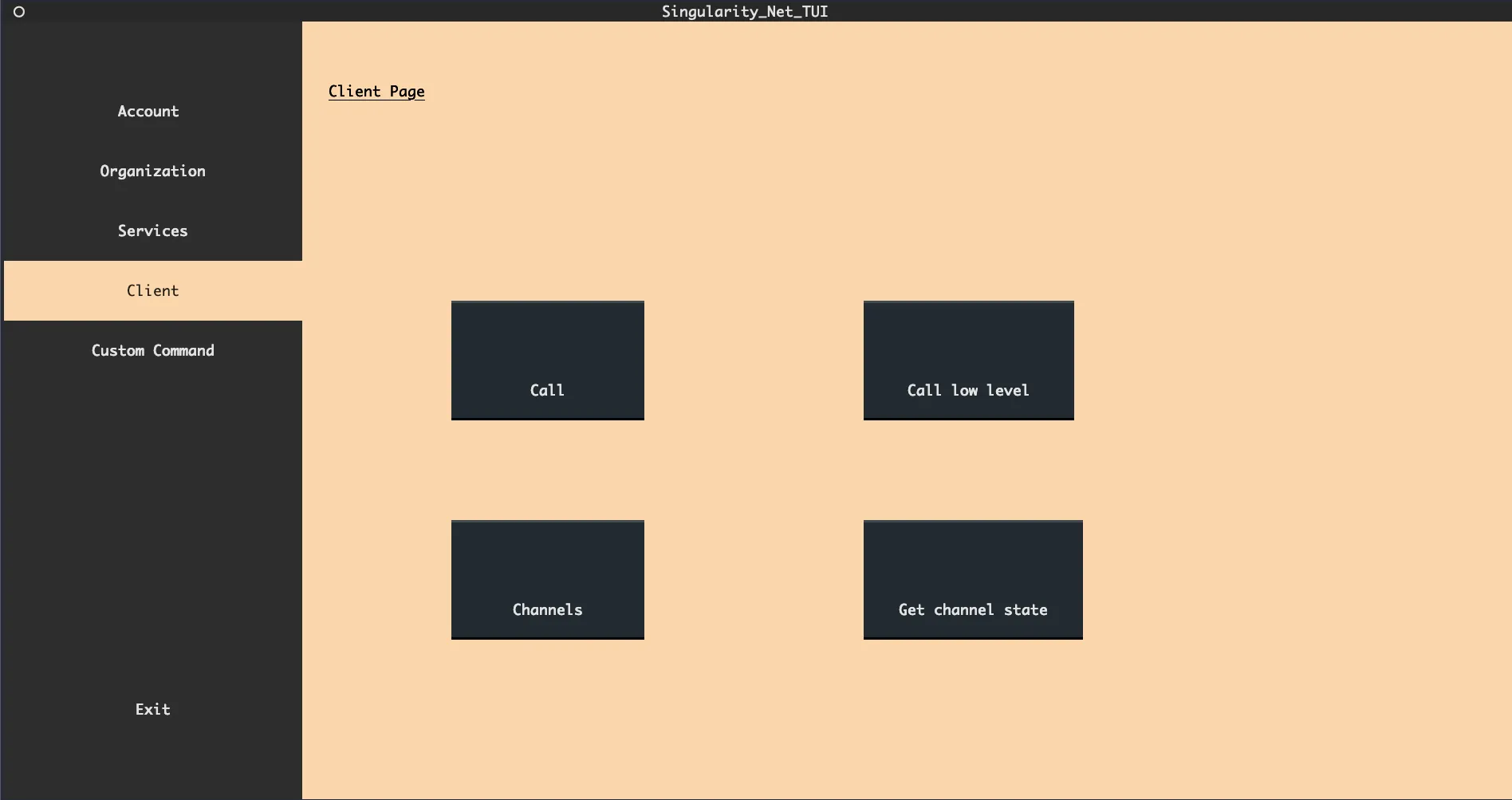
Then navigate to the "Channel Open Initialize" Page, which can be found at:
"Client Page" -> "Channels Page" -> "Initialize/Open Page" -> "Open Initialize Page"If you have arrived at the correct page, you should see the menu shown below
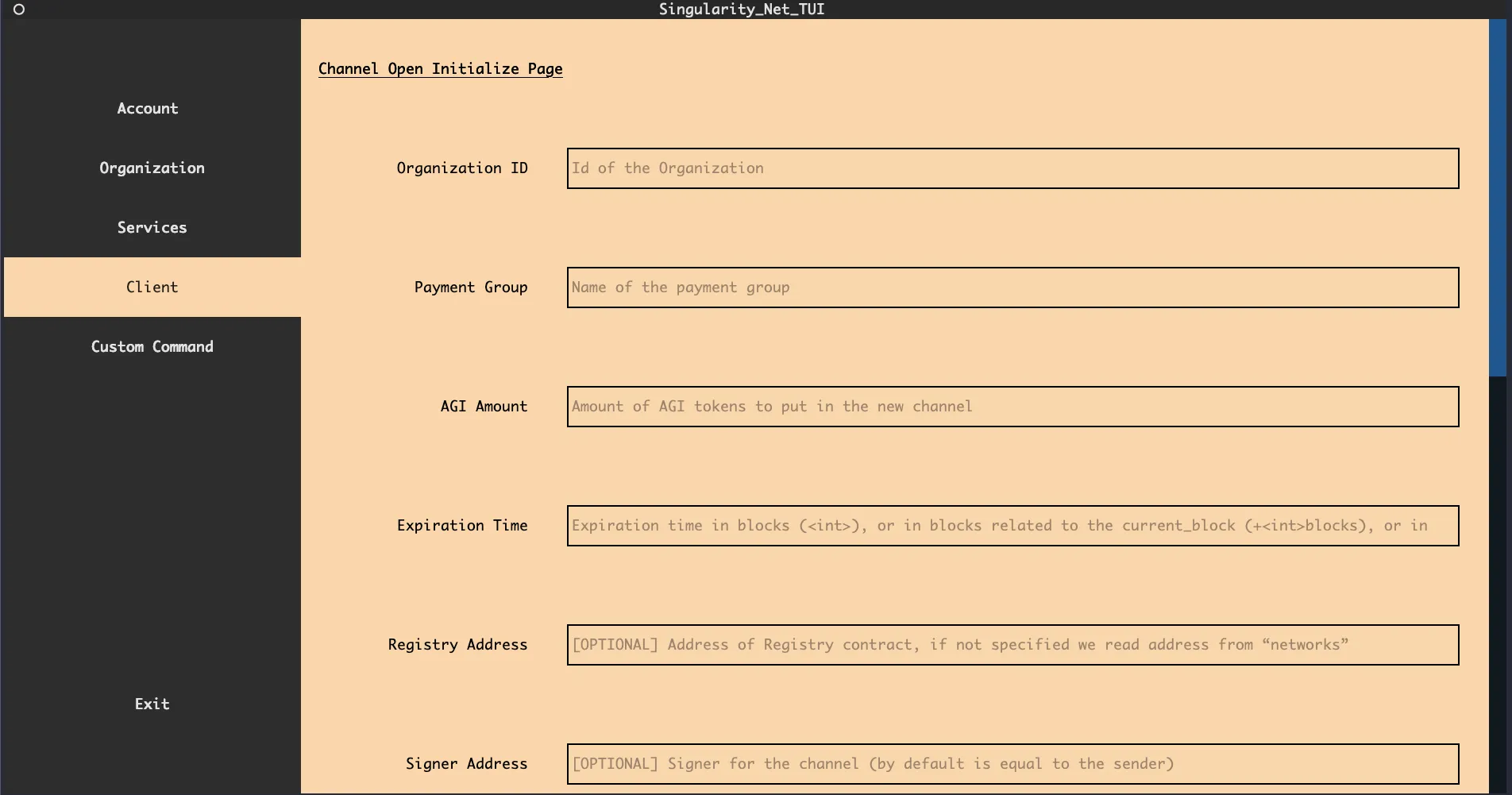
Fill out the fields according to which organization you would like to create a channel with, and how many ASI (FET) tokens you would like to add to the channel.
Organization ID - ID of the organization who's service you would like to invoke. You can find a list of all the organization ids on a network with the snet organization list command (executed through the custom command menu)
Payment Group - The name of the payment group for the service, most commonly default_group
Amount - The amount of ASI (FET) tokens you would like to add to the channel, adding more later costs gas fees as explained above.
Expiration - The expiration time in blocks (<int>), or in blocks related to the current_block (+<int>blocks), or in days related to the current_block and assuming 15 sec/block (+<int>days). For example +2days creates a channel that expires 2 days from when it was created.
Once you have put in the details, and assuming the organization ID is correct, you will receive a popup detailing the price and other transaction information. This popup gives you the chance to agree or deny to the charges for calling the service, as shown below:
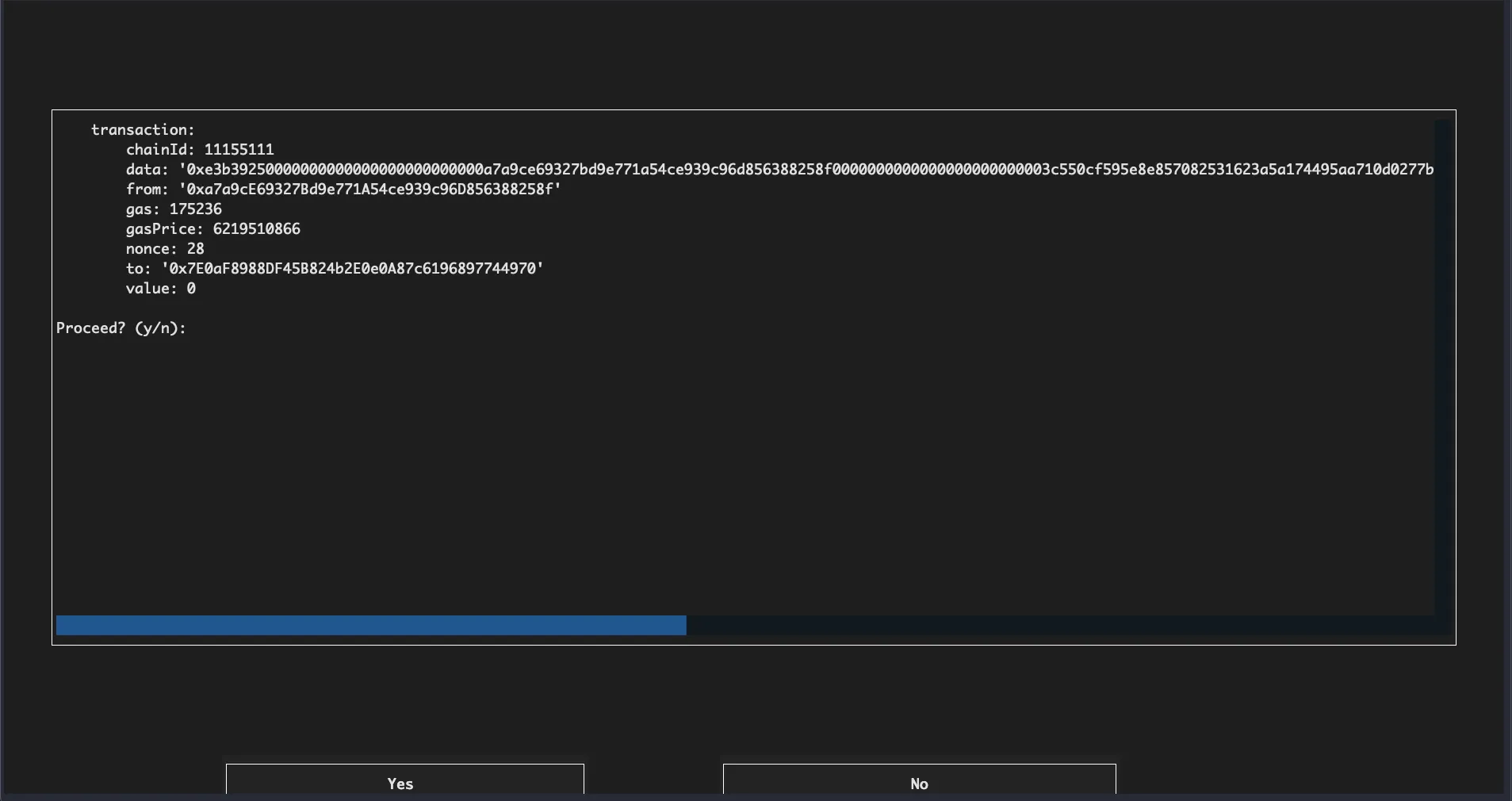
Proceed with the channel creation, and you will receive one more dialogue indicating the successful creation of the channel:
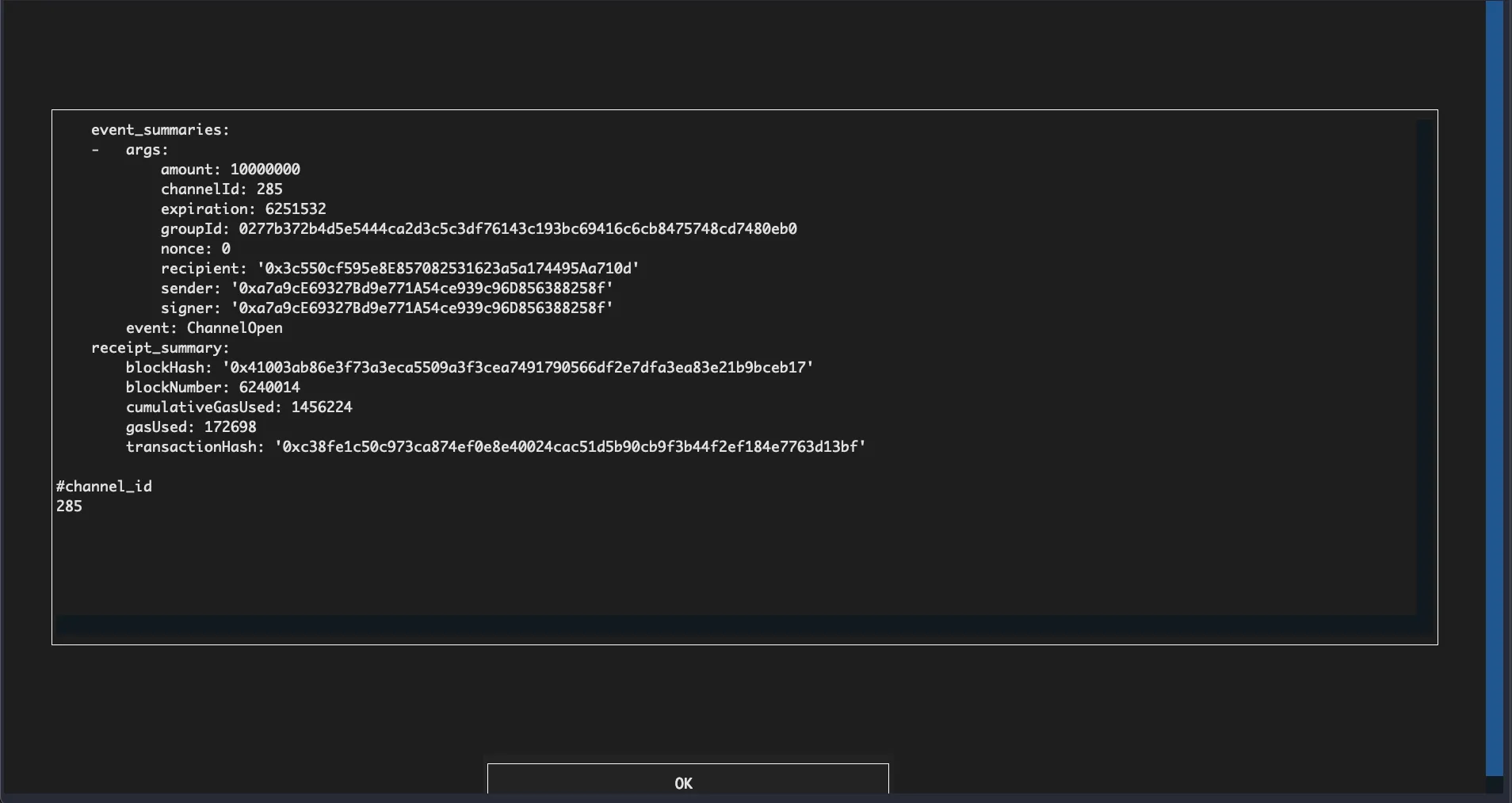
NOTE: If you receive an error stating something along the lines of The process cannot get access to the file, because the file is being used by another process, it is because the channel creation was confirmed too quickly. But don't worry, the channel has been created just fine. You can move on to the next step of the process
Step 3: Call the service
Once you have opened and initialized a channel, with ASI (FET) deposited in it. You can invoke services from the organization you initialized the channel for.
Navigate to the client page, and open the "Call" Menu. You should be greeted with the menu below
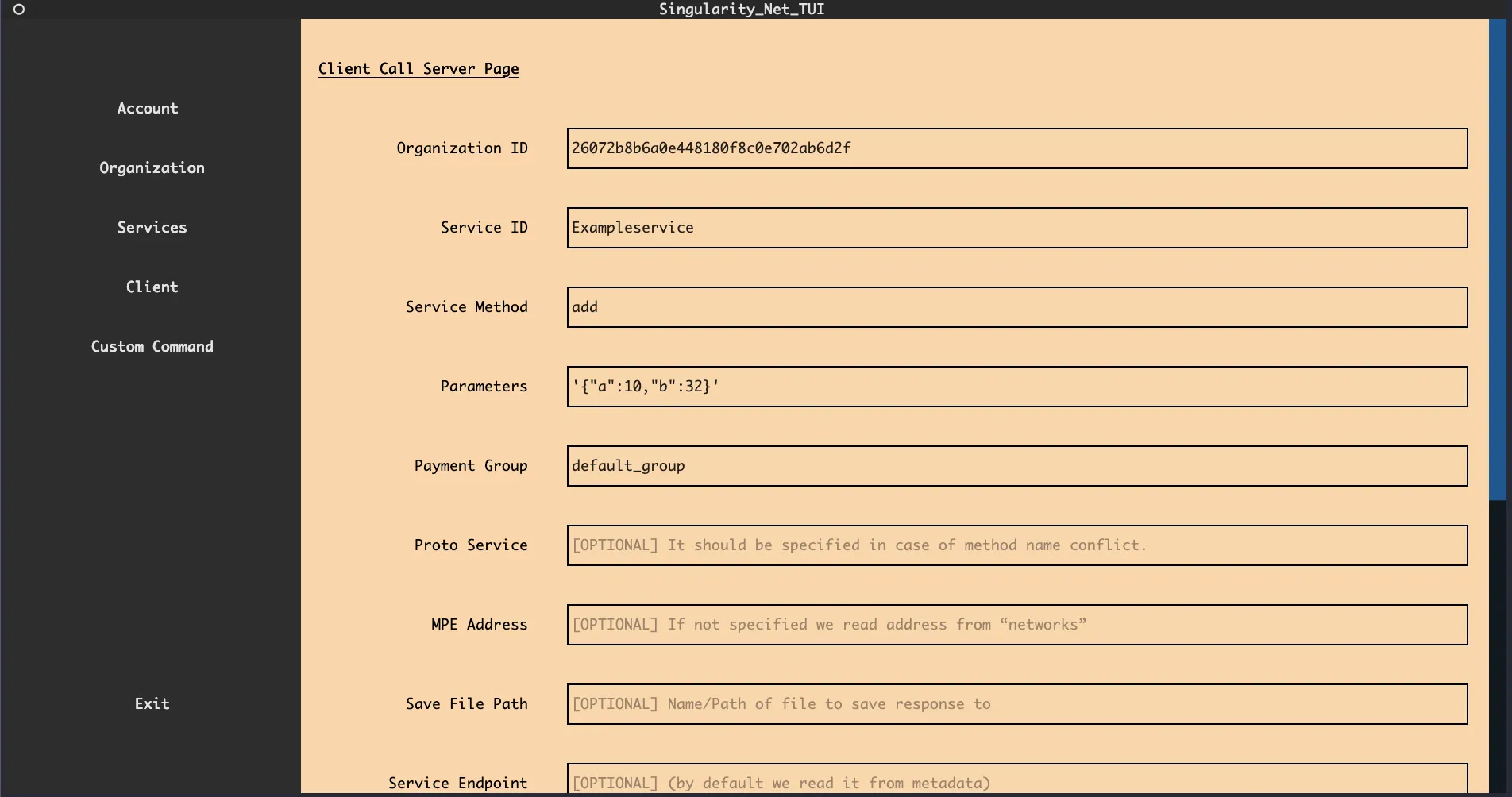
As you can see pictured above, we have filled out the basic details to call the "add" function under the calculator service, created by SingularityNET. You must do the same for whatever service you are trying to call.
NOTE: In the parameters input, you can utilize a path to a JSON file, containing your service call parameters, or you can directly insert JSON into the service call. You may run into issues with sending JSON directly in the service call as pictured above (usually only on Windows), you can find more information in the FAQ.
Once you have inserted all the necessary information, you can scroll down and click on View Server Call Price. This should display a confirmation dialogue on your screen, detailing the ASI (FET) cost of the service invocation you would like to execute.
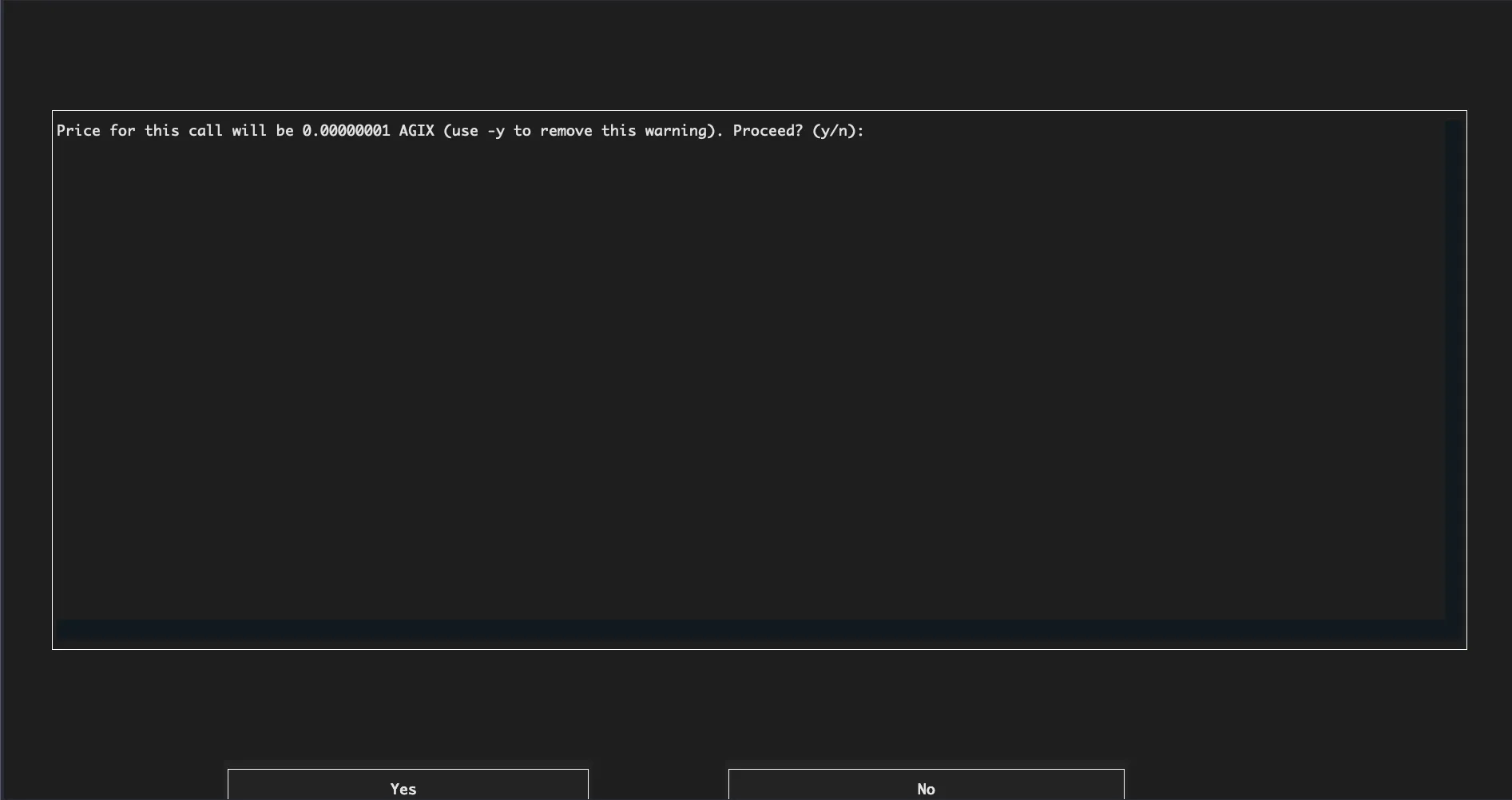
Upon confirmation, you will recieve another dialogue with the output from the service invokation:
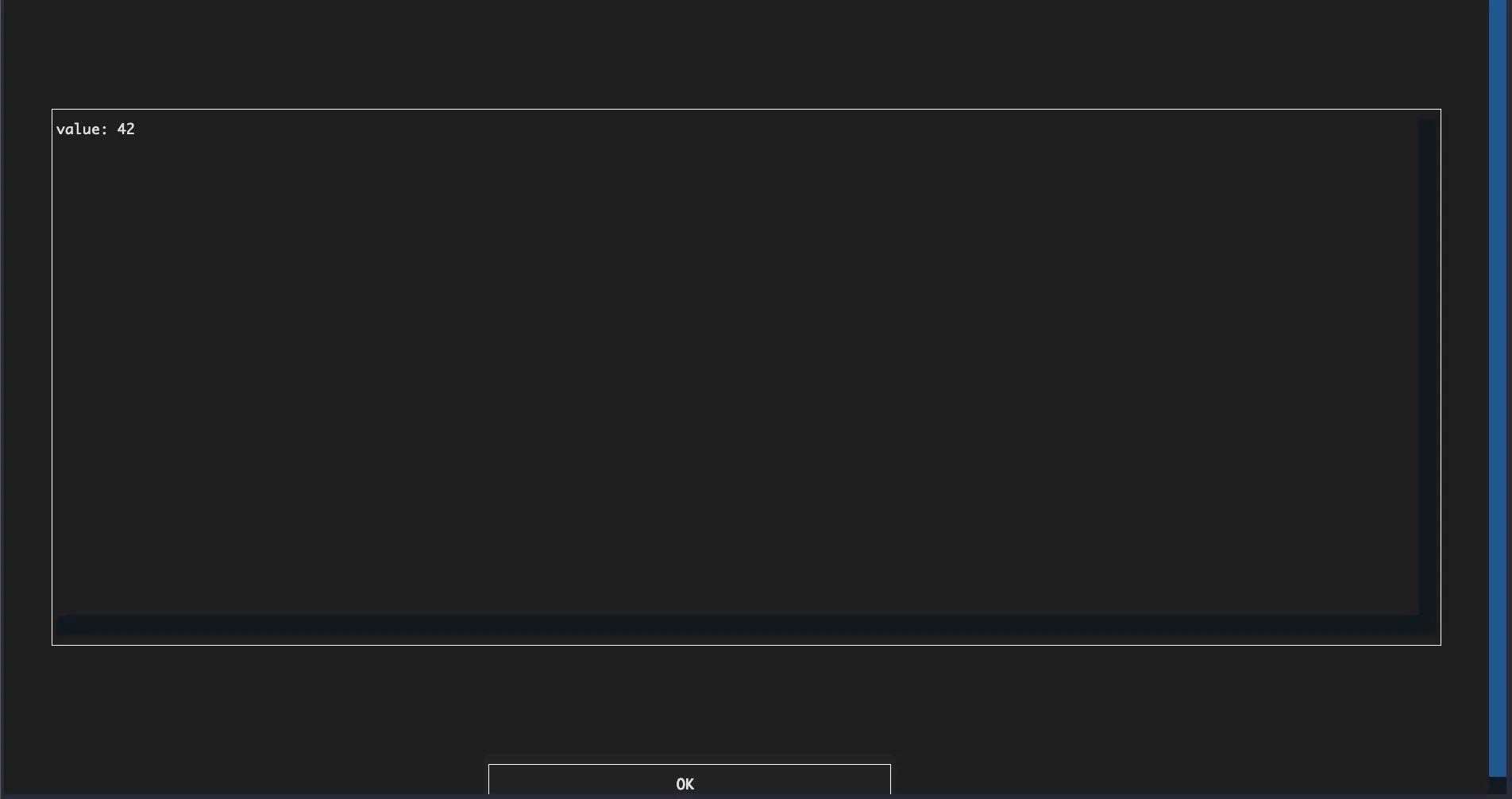
You have now successfully invoked a service through the SNET marketplace. Congratulations.
